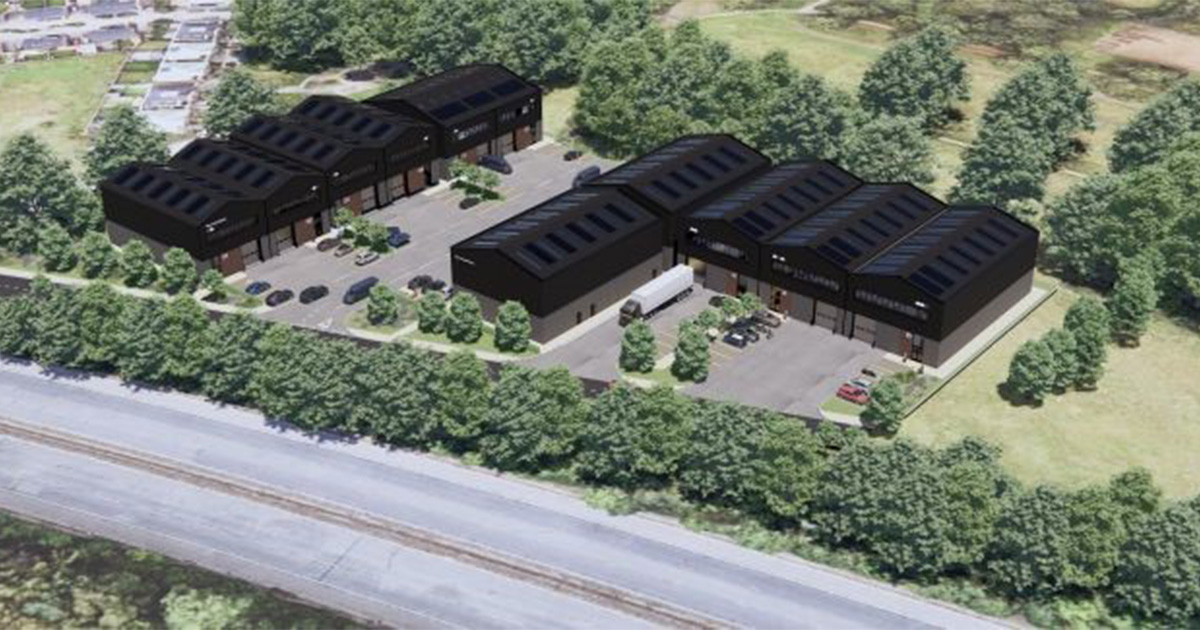“Cash in the attic”- Is your Landlord looking to re-develop the roof space?

With space at a premium, particularly in urban arears, landlords often look to develop the roof space of their existing properties. This article considers what a leaseholder can do to prevent their landlord from developing the roof of their building.
Your Lease
Check your lease to see whether your landlord:
- Owns the roof as it will not be able to develop land that it does not own. Usually a freeholder will retain the structure of a building, including the roof. However, if the roof is part of the common parts and the leaseholders have a right to use it as a terrace this could prevent development.
- Has demised the roof and the airspace above to any of the leaseholders.
- Has an express right in the lease to develop the building. If it does not this does not necessarily mean development will be prevented, unless there is an express prohibition.
- Has an obligation to provide you with "quiet enjoyment" of your property. The works involved in the development of the roof may cause such a nuisance to you that your landlord will be in breach of this obligation. Your landlord also has an implied obligation not to derogate from its grant, this means it cannot do something that would deprive you of rights under your lease relating to the enjoyment of your property. Your landlord must strike a balance between you and any development right it has. Your rights in this regard may not prevent your landlord from developing the roof but you may be entitled to damages if they are breached.
Consider Statutory Protection
Leaseholders have certain statutory rights in relation to leasehold property:
- The right to form a "right to manage" company (RTM), which allows the leaseholders to take over the landlord's management function. In the recent case of Francia Properties v Aristou 2017 L&TR 5, the County Court decided that the existence of an RTM will not prevent the landlord from developing the roof. This was because the development of new dwellings was not part of the management function. However, the Court did decide that the landlord has a duty to take all reasonable steps to ensure that management of the building is not affected. This case is on appeal to the Court of Appeal so is subject to change. Leaseholders should also be aware that this case was decided on the basis that the landlord was constructing a new dwelling. If your landlord has a different development plan that could fall within the remit of an RTM's obligations, this may be a means of preventing the works.
- The right of first refusal in relation to certain disposals made by the landlord. If your landlord has disposed of the roof space, or airspace above the roof, to an unconnected third party developer (for example by a lease) this may be a breach of your landlord's obligation to allow the leaseholders to have "first dibs" on purchasing this land. If your landlord is in breach, you can force the third party to transfer the interest to you but this will mean paying the purchase price or rent agreed and so may be expensive.
- The right to purchase the freehold, known as collective enfranchisement. If your building meets the relevant requirements, you can request that the freehold is sold to the leaseholders of the building. However, the premium to be paid to the freeholder will include any development value and so may be increased if the landlord has firm development plans for the roof space.
Planning Permission
Your landlord may need planning permission to carry out certain development and it will be worth checking to see if they have applied for the same. If your landlord has planning permission, this does not mean it has carte blanche to carry out the works without consideration of the above issues.
Conclusion
If you are concerned that your landlord is planning development to the roof of your building it is best to act proactively to try and stop the works before they begin. If you are able to make a claim for collective enfranchisement, this can be the best way to ensure that you and your neighbours obtain control over your building.
Lucy is a Senior Associate in our Property Litigation team.






